Vietnam Foreign Ministry spokesperson Pham Thu Hang, at a press release on February 13, shared that Vietnam is very concerned about the decisions of the US with the United States Agency for International Development (USAID). Over the years, through various mechanisms and forms of cooperation, including USAID, the two countries have seen very effective cooperations in the fields of health, environment, climate change, disaster relief, and especially cooperations in dealing with the consequences of war.
Established in 1961, USAID is responsible for providing aid, supporting economic development, political stability, improving living conditions and supporting poor countries, especially in the fields of health, education, agriculture, environment and security. Currently, the agency manages as much as 60% of the US foreign assistances and has disbursed nearly $44 billion in aid in fiscal year of 2023. It is funded by the US Congress, based on requests from the US government. According to a report by the US Congressional Research Service (CRS), USAID has about 10,000 employees working in about 130 countries. About two-thirds of its staff works outside the US.
USAID has operated in Vietnam since 1989, supporting people with disabilities through the Patrick Leahy War Victims Fund and the Homeless and Orphans Fund. Areas of cooperation include enhancing economic competitiveness, modernizing higher education, preventing infectious diseases, responding to climate change, conserving biodiversity, improving the quality of life for people with disabilities, remediating dioxin contamination at Bien Hoa Airbase, and enhancing Vietnam’s capacity to identify war remains.

In 2000, the USAID Office was inaugurated in Hanoi, witnessed by former US President Bill Clinton during his visit to Vietnam. USAID's annual budget in Vietnam mounts up to 150 million USD (according to information on the US Embassy's website). In the health sector alone, in the 2014 – 2024 period, USAID has implemented 16 support projects in Vietnam with a total budget of roughly 90 million USD, the majority of which are on tuberculosis and HIV/AIDS prevention.
Since 2000, the US has cooperated with Vietnam to address humanitarian issues and overcome the consequences of war, including unexploded ordnance clearance, MIA searching, and Agent Orange/dioxin decontamination. One of the key activities of USAID in Vietnam is to support the treatment of dioxin contamination. From 2019 to date, especially in the period of 2021-2026, the Ministry of National Defense has directed the National Action Center for Chemical and Environmental Consequences (NACCET) to cooperate with USAID to implement projects supporting the improvement of life AO victims and people with disabilities in 8 provinces sprayed with Agent Orange, with a non-refundable aid of about 65 million USD from USAID (including the provinces of Quang Tri, Thua Thien-Hue, Quang Nam, Binh Dinh, Kon Tum, Binh Phuoc, Dong Nai, and Tay Ninh). According to the agreement, this cooperation will be expanded to 3 provinces of Ca Mau, Bac Lieu and Quang Ngai. In May 2024, USAID and the Air Defense - Air Force Service under the Ministry of National Defense of Vietnam signed a non-refundable aid agreement for the dioxin treatment project at Bien Hoa airbase, lasting for 10 years with estimated cost of 390 million USD.
In fact, many US aid projects related to health, environmental protection, health care for people with disabilities, and Agent Orange victims have proved to be effective in many provinces and cities across the country, bringing about a better life to Agent Orange victims in project areas.
The decision of US President Donald Trump to stop funding USAID and close its headquarters in the US has significantly affected the operations of US-funded humanitarian programs. Some UN agencies said they may face serious challenges in their capability to distribute food, shelter, and health care. In Vietnam, the suspension of USAID projects, especially mine clearance or dioxin remediation projects at airports, will adversely impact the safety of human, environment and people's lives...
Vietnam expects to work with the United States to effectively and practically implement cooperation activities, contributing to the strengthen the bilateral relationship in accordance with the spirit of the 2023 Joint Statement between Vietnam and the United States on upgrading the bilateral relationships to a Comprehensive Strategic Partnership for peace, cooperation and sustainable development, with priority being given on the cooperation to overcome the consequences of war in Vietnam./.
Bui Nguyen



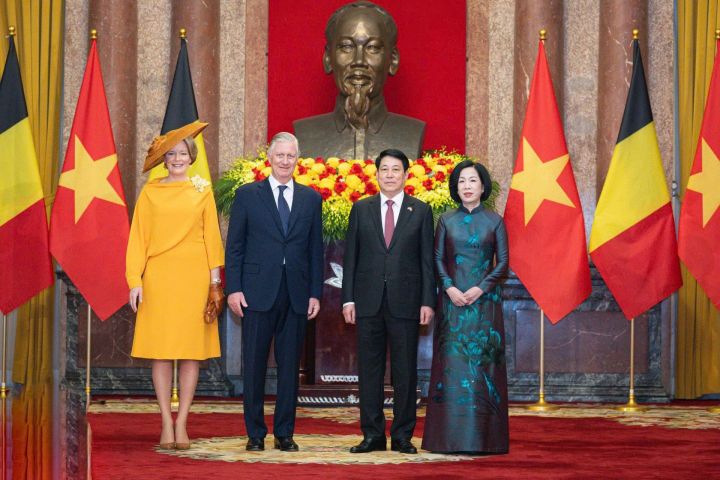
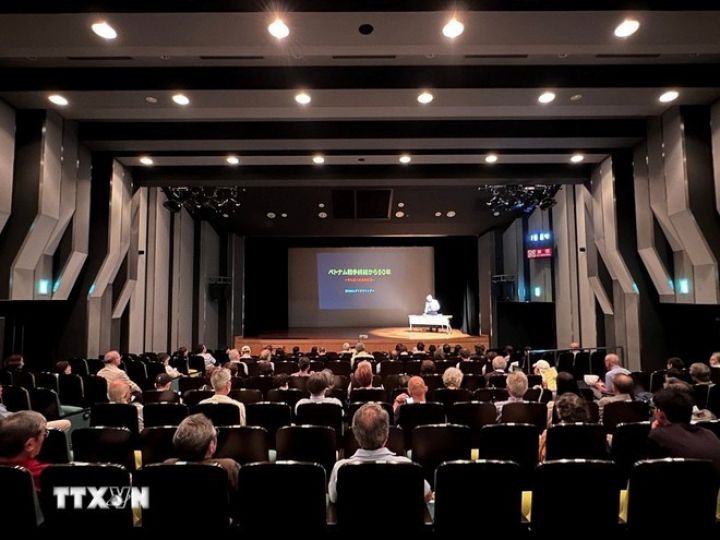

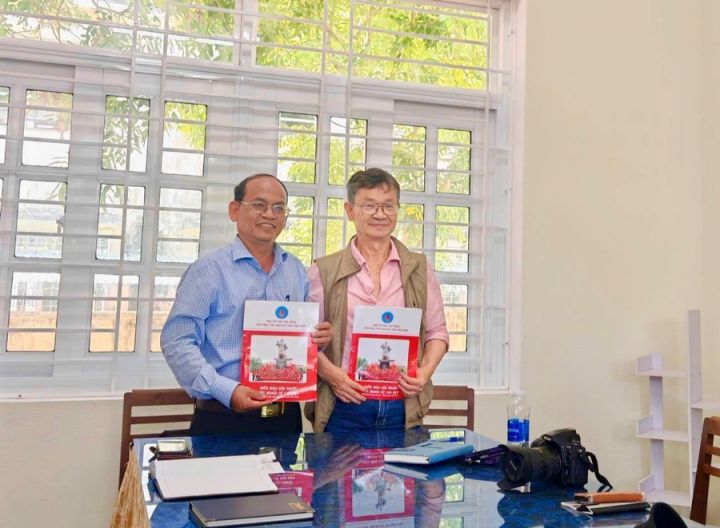
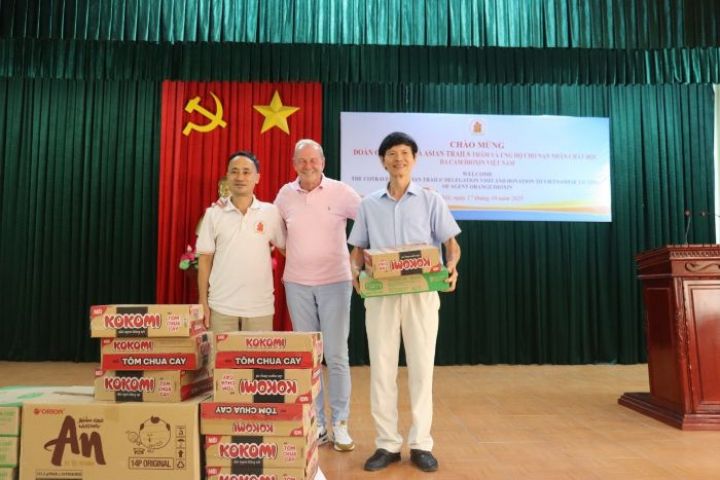
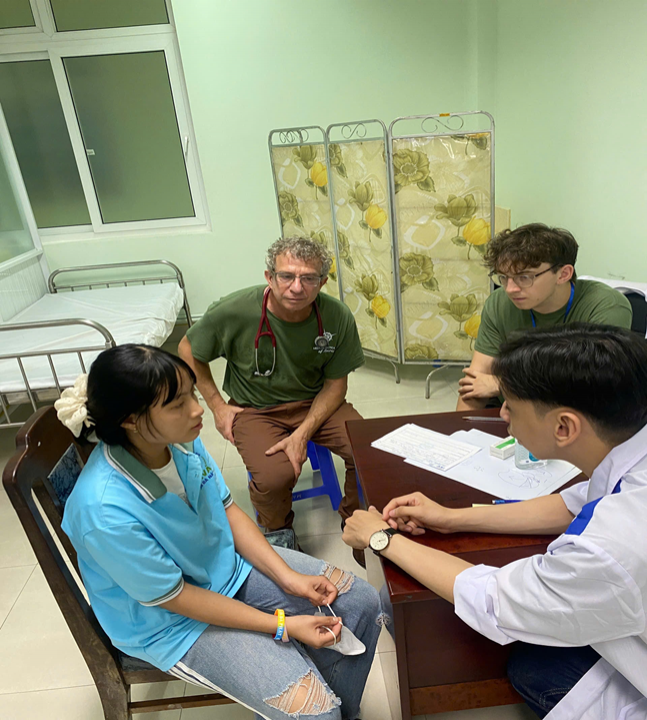











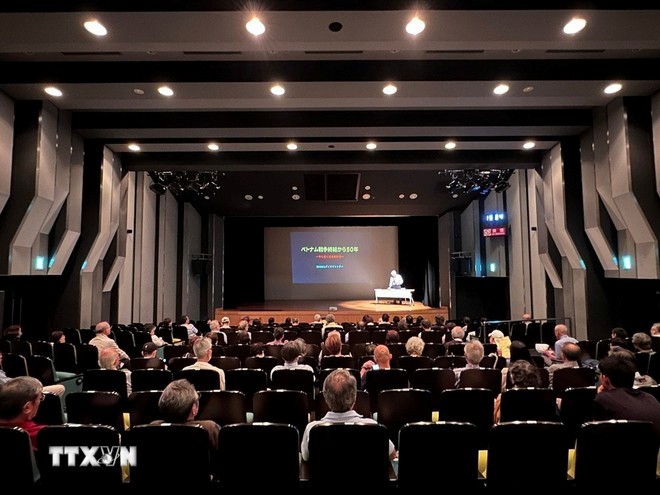
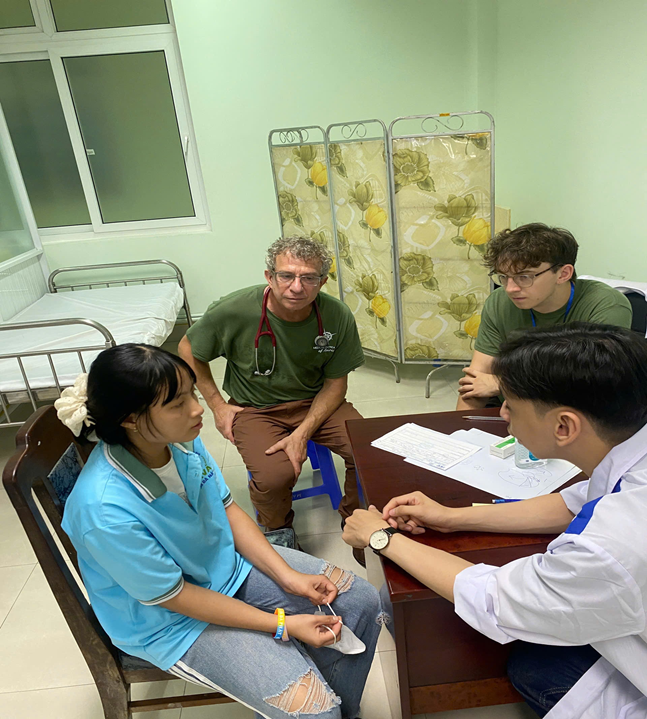
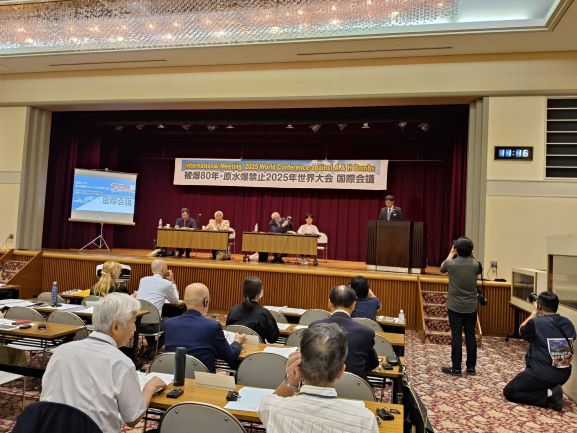
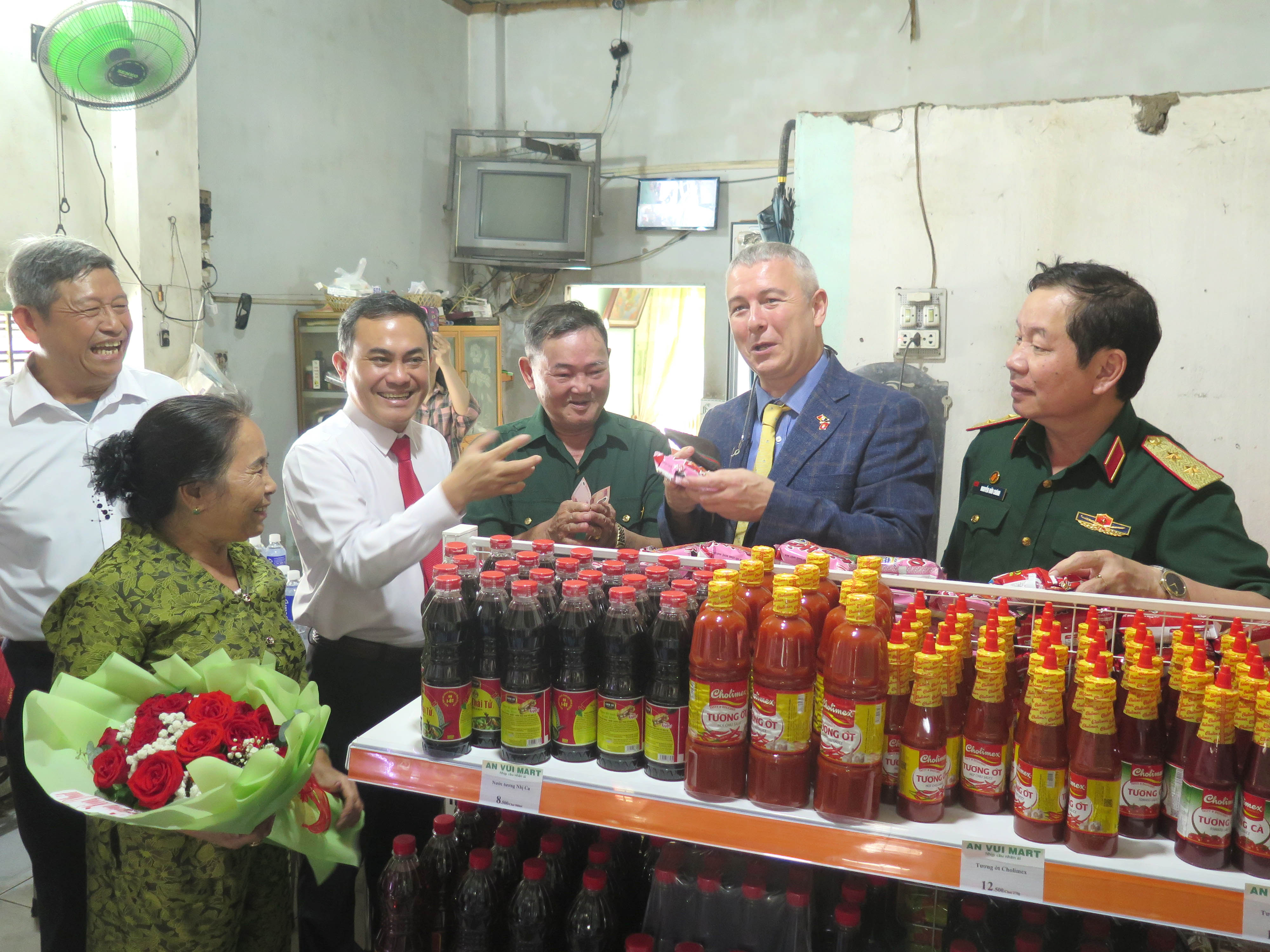
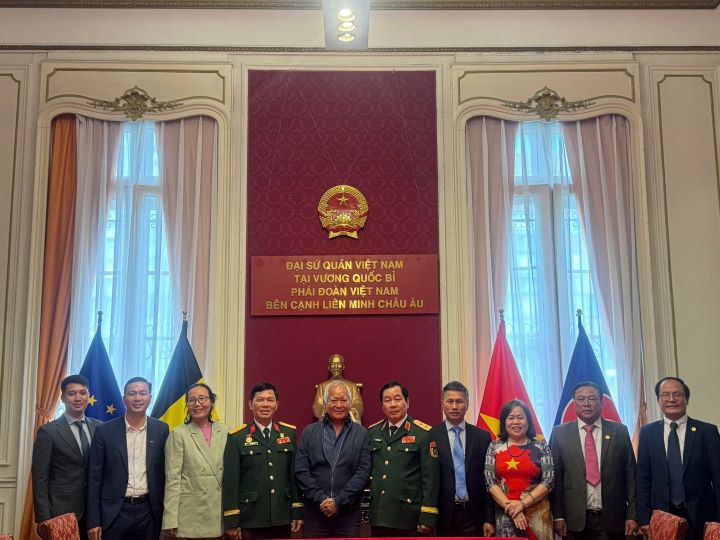
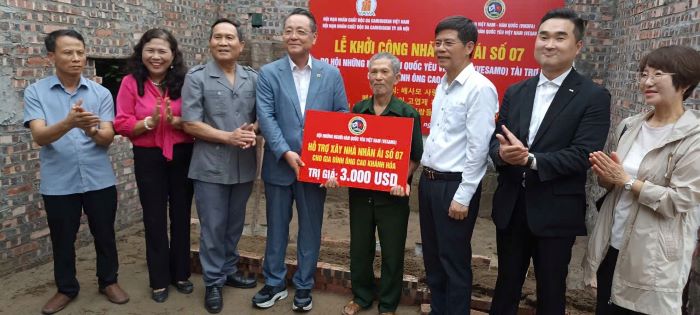

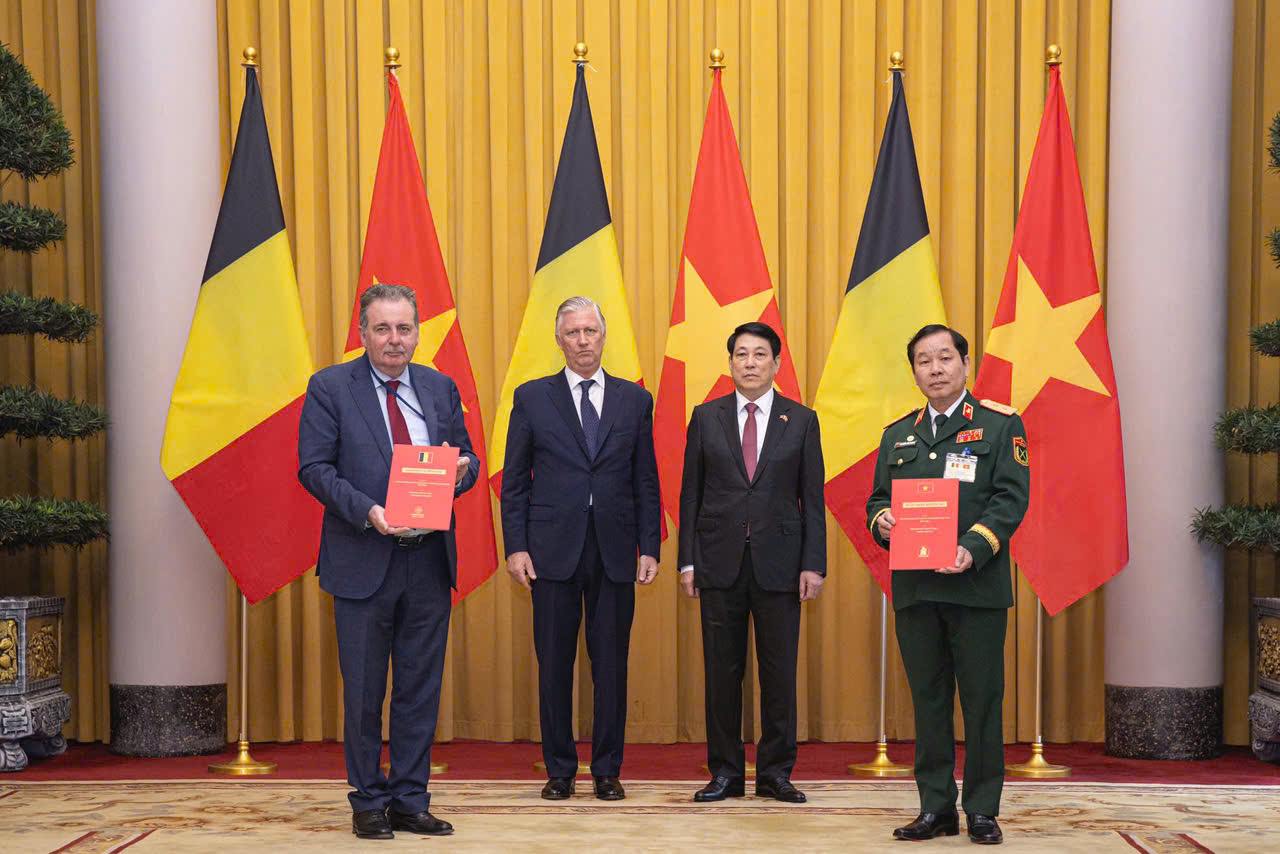

Comment